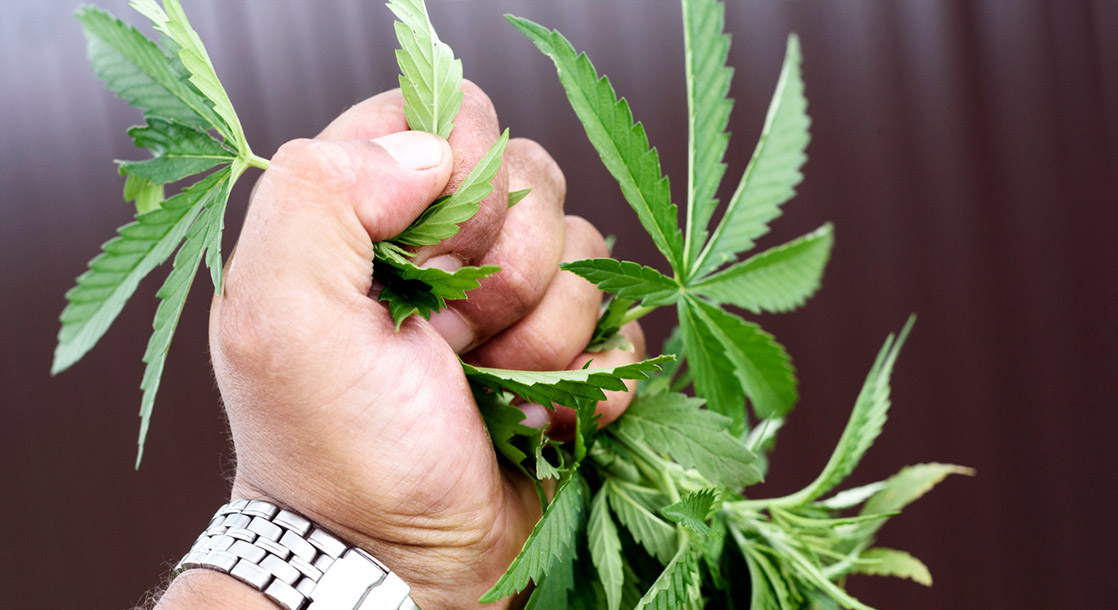Cannabis workers are losing their jobs across North America. But why?
A pungent bouquet of factors may be to blame: plummeting flower prices, economic downturn that has left clientele with less spending cash, and corporate consolidation and structuring shifts, MJ Biz Daily reported.
Some high profile examples of cannabis employees getting laid off include the 10 percent of Weedmaps workforce who were given the chop in mid-August, 100 workers at Arizona’s Nature AZ Medicine, and the shuttering of four stores by Michigan’s Lume Cannabis.
In fact, the top 24 publicly traded US cannabis firms in total lost more than $550 million in the first six months of 2022, Politico reported.
One of the major limitations on the industry’s growth is an old one, by now: Federal law. Prohibition on the national level in the United States means regulated cannabis companies must build separate facilities in each state to avoid the legal perils of defying the feds to transport product over state lines.
Cannabis companies also face severe challenges when it comes to raising capital, and they can wind up getting hit with up to 70% tax rates on their earnings.
But the United States is not the only land of cannabis closures and layoffs. In Canada, where marijuana is federally-legal, mega-corporation Aurora Cannabis announced it would terminate 12% of its employees in June. In 2020, the company announced that it would cease operations at five facilities.
In April, another leading Canadian cannabis firm, Canopy Growth, said goodbye to 8% of its workers, citing falling sales.
MarketWatch estimated that some 6,000 jobs in Canada’s cannabis industry were cut during the height of the COVID-19 pandemic. That’s 30% of the country’s total weed workforce!
Partially in response to worrying mass layoffs, labor organizing among cannabis employees in both the US and Canada has picked up to protect workers in times of chaotic restructuring, which often prioritizes the “golden parachutes” of corporate employers while leaving their workers out in the cold.
But the downturn of the cannabis industry is certainly a complex issue. You can find many different opinions on why weed is getting pinched.
Some experts say that the constriction of the industry is a natural outgrowth of the industrialization and corporatization of cannabis—or, consolidation, if you will.
“Everybody used to buy their beef or their fish from the person who really knew beef and fish—you walked in and talked to the baker, the butcher or the fish monger about what you want,” Daniel Sumner, University of California-Davis agricultural economics professor and author of Can Legal Weed Win? The Blunt Realities of Cannabis Economics, told MJ Biz Daily.
“That’s the way it’s handled in cannabis now,” Sumner continued. “But cannabis is moving away from it. It will be cheaper and more available, but there won’t be the services and employment.”
Follow Caitlin on Instagram, and catch her Spanish-language podcast Crónica on Spotify and Mixcloud.











